
In what can only be described as a monumental moment for the tech industry, the Justice Department for The United States announced last week that they, alongside sixteen other state and district attorney generals, will be filing a civil antitrust lawsuit against Apple Inc. for “monopolization or attempted monopolization of smartphone markets in violation of Section 2 of the Sherman Act.” The complaint, which can be read in full here, alleges that Apple, a.k.a the makers of the iPhone, a.k.a the second wealthiest company on the planet, “illegally maintains a monopoly over smartphones by selectively imposing contractual restrictions on, and withholding critical access points from, developers. Apple undermines apps, products, and services that would otherwise make users less reliant on the iPhone, promote interoperability, and lower costs for consumers and developers.” The article outlines further down that this anticompetitive nature takes shape in a few forms, such as “Blocking Innovative Super Apps” the likes of China’s WeChat, “Suppressing Cloud Streaming Services” like Microsoft’s Xbox Cloud Gaming, which has yet to receive a proper app on Apple’s App Store, “Excluding Cross-Platform Messaging Apps,” “Diminishing the Functionality of Non-Apple Smartwatches,” and finally, “Limiting Third Party Digital Wallets.”
Many within the tech space consider this to be a long time coming, as Apple have historically chosen not to play nice with competitor products; to the point where their practices have led them to have what many call a “walled garden” that, once one enters via two or more of their products, is quite difficult to leave–or, at the very least, unnecessarily nuisant. With how dominant the iPhone is in the U.S, and how dominant it looks like it will continue to be with younger generations overwhelmingly choosing the platform over Android, it’s no surprise that the U.S government have chosen to step in to mitigate any and all anti-competitive practices that continue to give Apple an unfair edge that binds users into their ecosystem. Even smaller smartphone competitors like CEO of Nothing, Carl Pei, came out in support of the lawsuit, taking to X (formerly Twitter) to say that Apple’s dominance with over sixty percent market share (over ninety percent for teenagers as cited above), coupled with their “walled garden” strategy has kept them “from entering the U.S with full force.” He would go on to repost an older post wherein he showed a couple leaked emails from Apple’s trial with Epic Games, which illustrated that these practices have been in the woodworks since Steve Jobs was still in office.

To give a real-world, anecdotal experience, I outlined my frustrations in having recently purchased an Apple Watch Ultra 2 in my article from last week about the rumoured Apple Ring. I wrote how the intention was to have the watch be a replacement for my iPhone, but upon startup I realized that not only did I need an iPhone for the initial startup, but would require it to be constantly turned on if I wanted to use all of the watch’s functions. When this already aging iPhone eventually dies out and requires an upgrade, I would most definitely need to go with another iPhone if I wanted to continue using the full functionality of my watch. Similar situations occurred with my iPad Pro, a device that I’d used as my main computer for half a decade. Although the power of the device is quite impressive, it is bottlenecked by iPadOS, an operating system that is nowhere near as robust as MacOS; meaning Apple effectively want you to own both an iPad and a Mac in order to get all the features and functionality that you would need (and would most definitely be able to achieved by either device, if Apple were willing).
All of this said, however, there is some credence to the arguments being made by those opposed to this lawsuit. Most notably, video journalist Jon Prosser from FrontPageTech, who in his recent video covering the lawsuit, sides quite heavily with Apple; arguing that Apple conducts their business via a vertical integration model, which makes for a tailored experience, as opposed to a horizontal integration model that makes for a more open one used by competitors like Microsoft and Google. He says, “The product is not the iPhone, it’s not the Mac, it’s not the iPad or the Apple Watch, no, the product is that all of those products work together…[Google and Microsoft] have opted to make their products more open, more malleable. Apple, though, opted to place more restrictions, guardrails, on the experience. And that *is* the experience. The fact that Apple products and the iPhone with iOS are tailored and controlled is the reason most people choose iPhone.”
He would go on to emphasize that consumer choice is important. If someone wishes to stay within Apple’s “walled garden,” and enjoys that aforementioned tailored experience with all the benefits, as well as the compromises and annoyances it may bring, then they are free to do so. Just as they are free to be on Android. Apple doesn’t need to acquiesce to features or rule sets to be more like its competitors, and vice-versa. However, what Prosser doesn’t acknowledge is both how cleverly Apple have set their product lineups, making it almost necessary to use more than one of their products, as well as how frustratingly difficult they’ve made switching out from their ecosystem. I may enjoy using the Apple Watch, but may prefer Google for my mobile device, and Samsung for my laptop. The latter two devices will be able to “talk” with one another fairly seamlessly, but the watch will be trapped within those walls. Beyond that, as a huge proponent for cloud gaming, it’s infuriating that there’s no dedicated app for any of the cloud gaming services like GeForce Now and Xbox Cloud Gaming; having instead to rely on the mobile Safari webpages of their respective sites, which are never as reliable than a dedicated app.

I do agree with Prosser on the note that a lot of the points being made in the lawsuit aren’t exactly Apple’s fault. Apple didn’t cause the failures of past competitor products; most of those products simply weren’t good or advertised aptly. iMessage was created as a way to bypass carrier texting fees and make for a free and more personalized way to communicate from iPhone to iPhone. It’s not their fault that text messaging was, and continues to be, simply terrible. Sure, not allowing any way to use iMessage across platforms is an annoyance. Making normal, non-iMessage messages look and function noticeably worse on iPhones is also an annoyance (and a bit brazen). But iMessage is a feature for iPhones, just like how Google’s “Material You” is a feature UI design language by Google. Apple doesn’t need to allow something they’ve created, something that doesn’t take away texting as a whole, to be available on competitor platforms. Is it a little anti-consumer? Sure. Do I wish I could reply to the iMessage I just received from a friend on the Chromebook I’m typing on? You bet. But as a company, they don’t need to do that. It’s also not Apple’s fault that a company like Nothing hasn’t been able to penetrate the U.S market. Just like how it isn’t Samsung’s fault that they have a near 70% smartphone market share in Korea, compared to Apple’s 27%.
Apple’s identity has always been about creating an experience that is idiosyncratically “Apple.” As such, many of their practices are absolutely anti-consumer that push users to engage with, and be locked into, their ecosystem. Some of these practices also, if not regulated, definitely do err on the side of breaking antitrust laws; particularly Apple’s relationships with developers as well as their stubbornness in having their products not be compatible with third-party applications. However, some things are simply the results of their ever-growing popularity and cult-like loyalists. So if you want to point your pitchforks at anybody, do so at their marketing department. And maybe show a U.S teenager something that isn’t an iPhone.

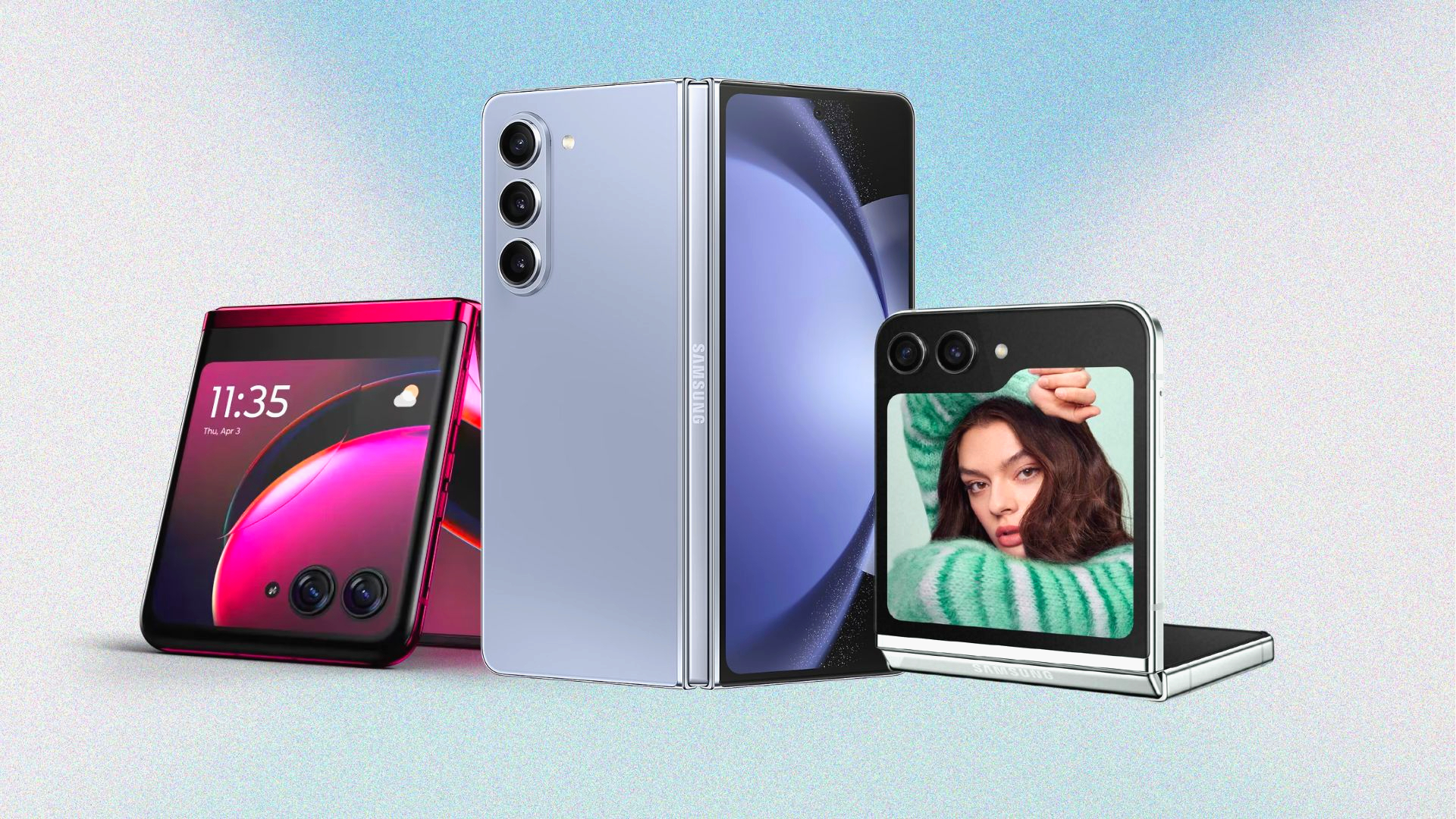
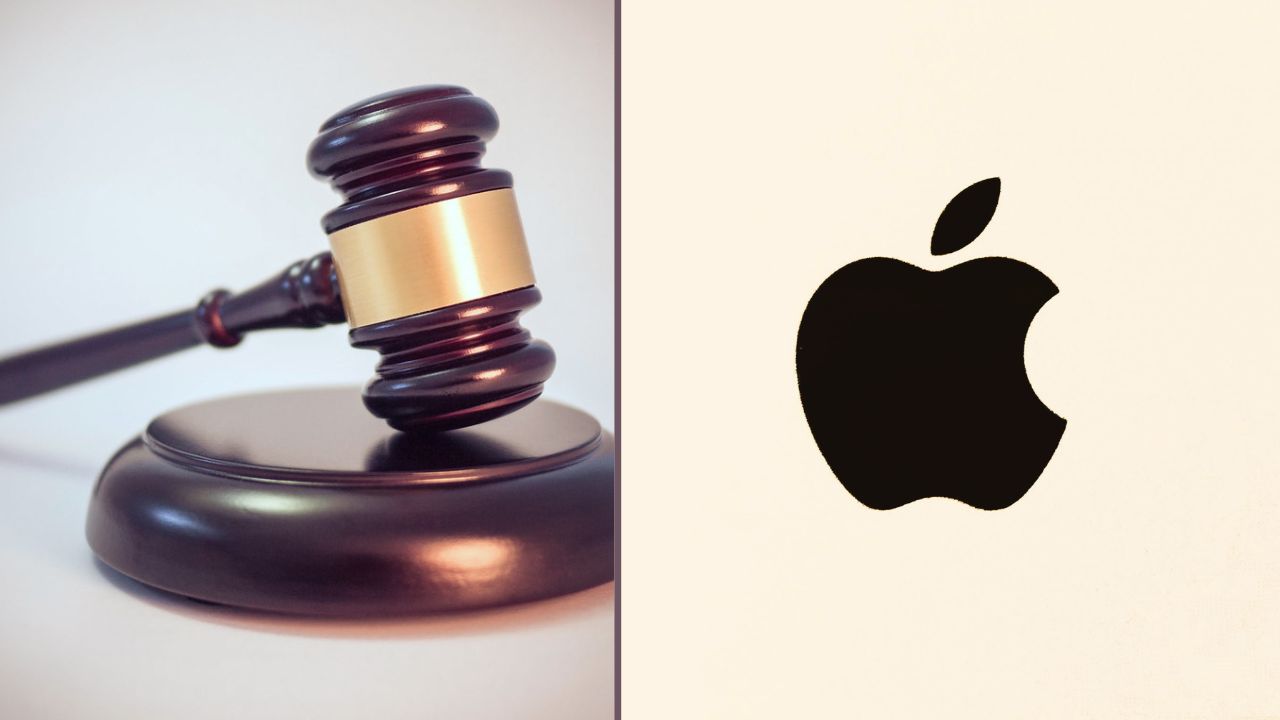
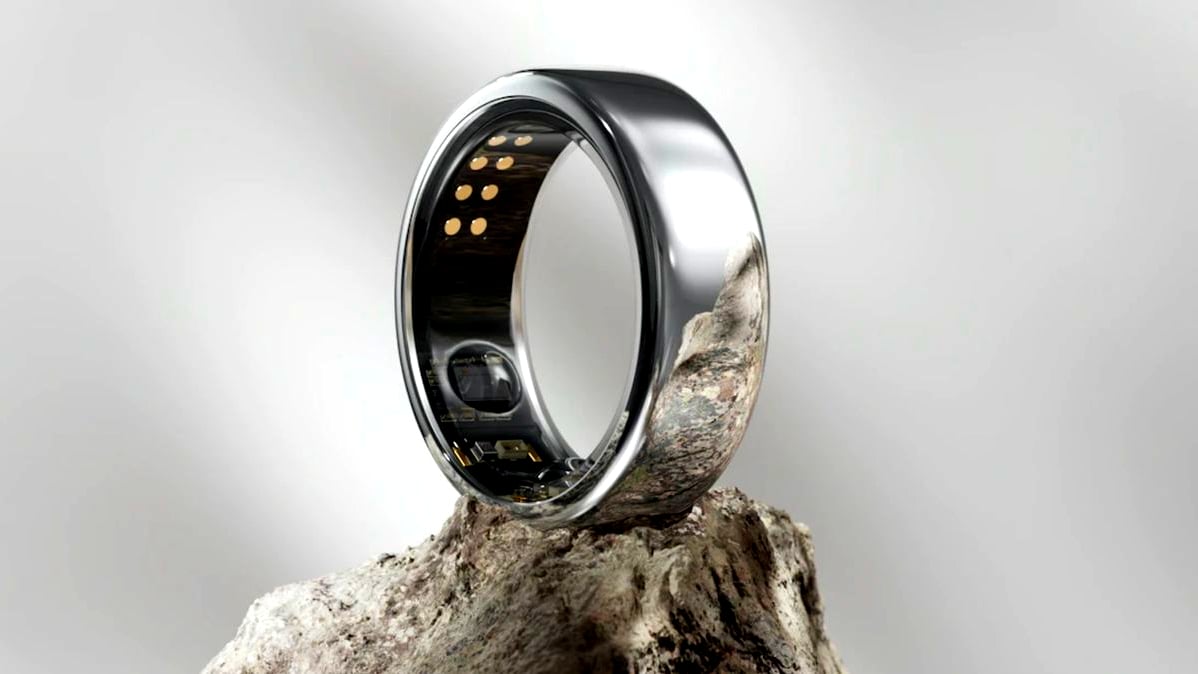
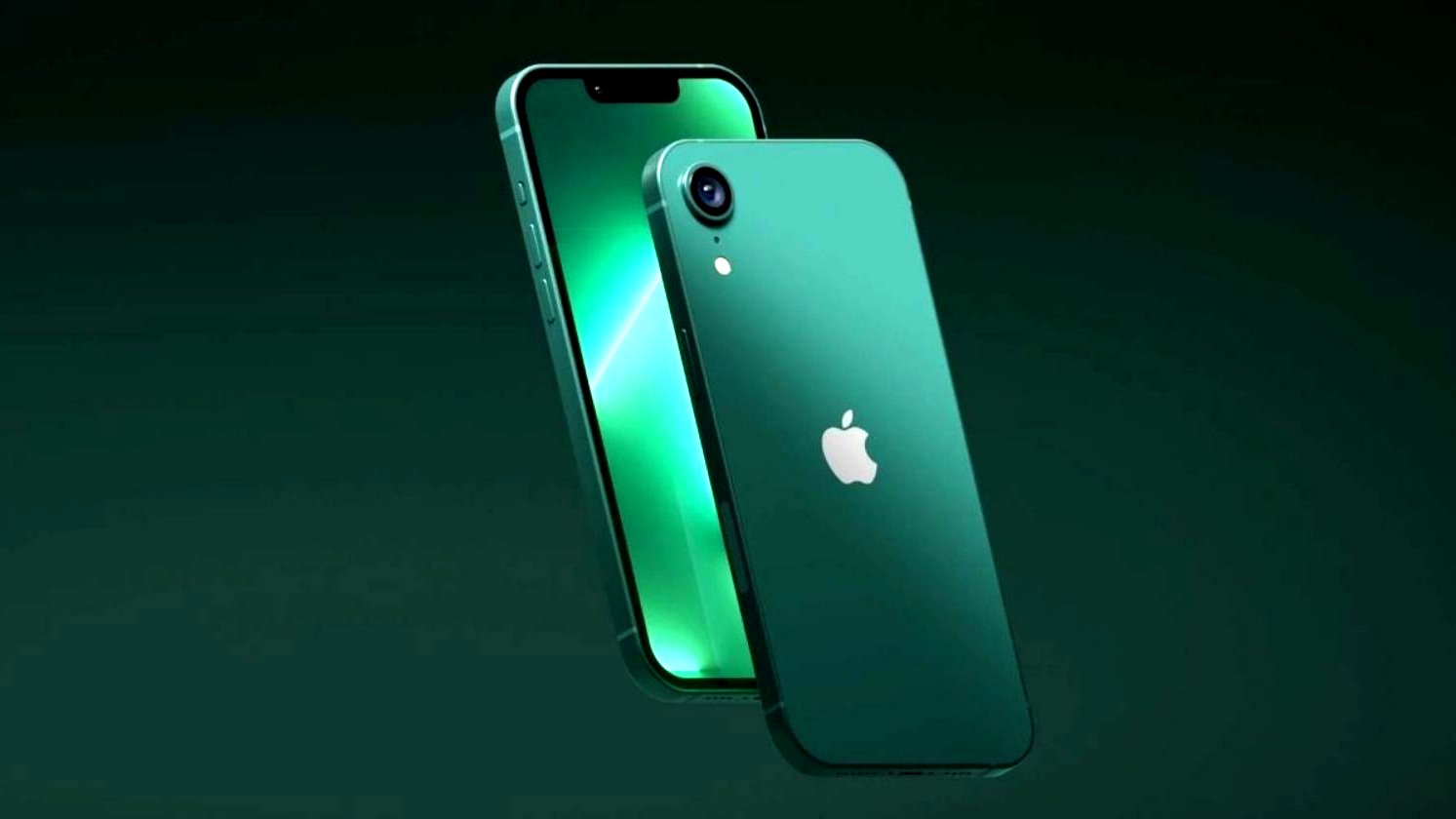

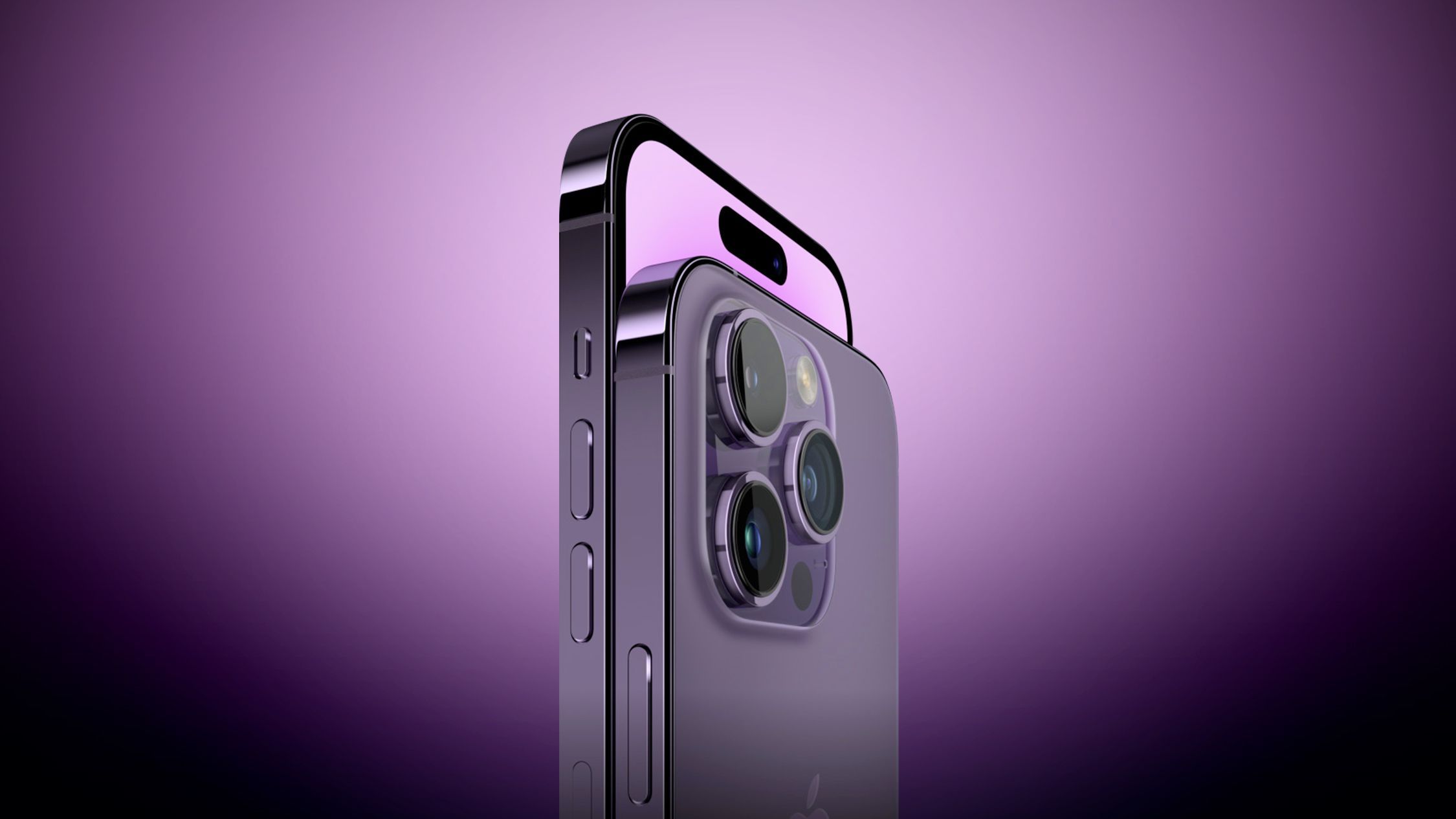

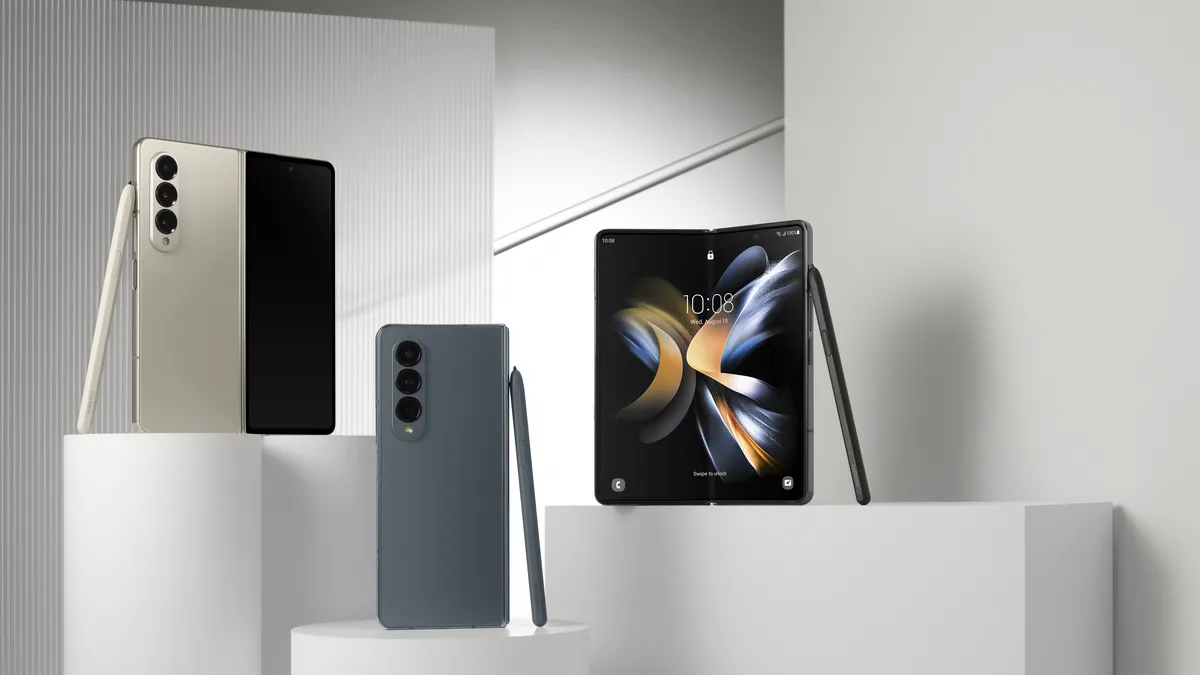
No Comments yet!